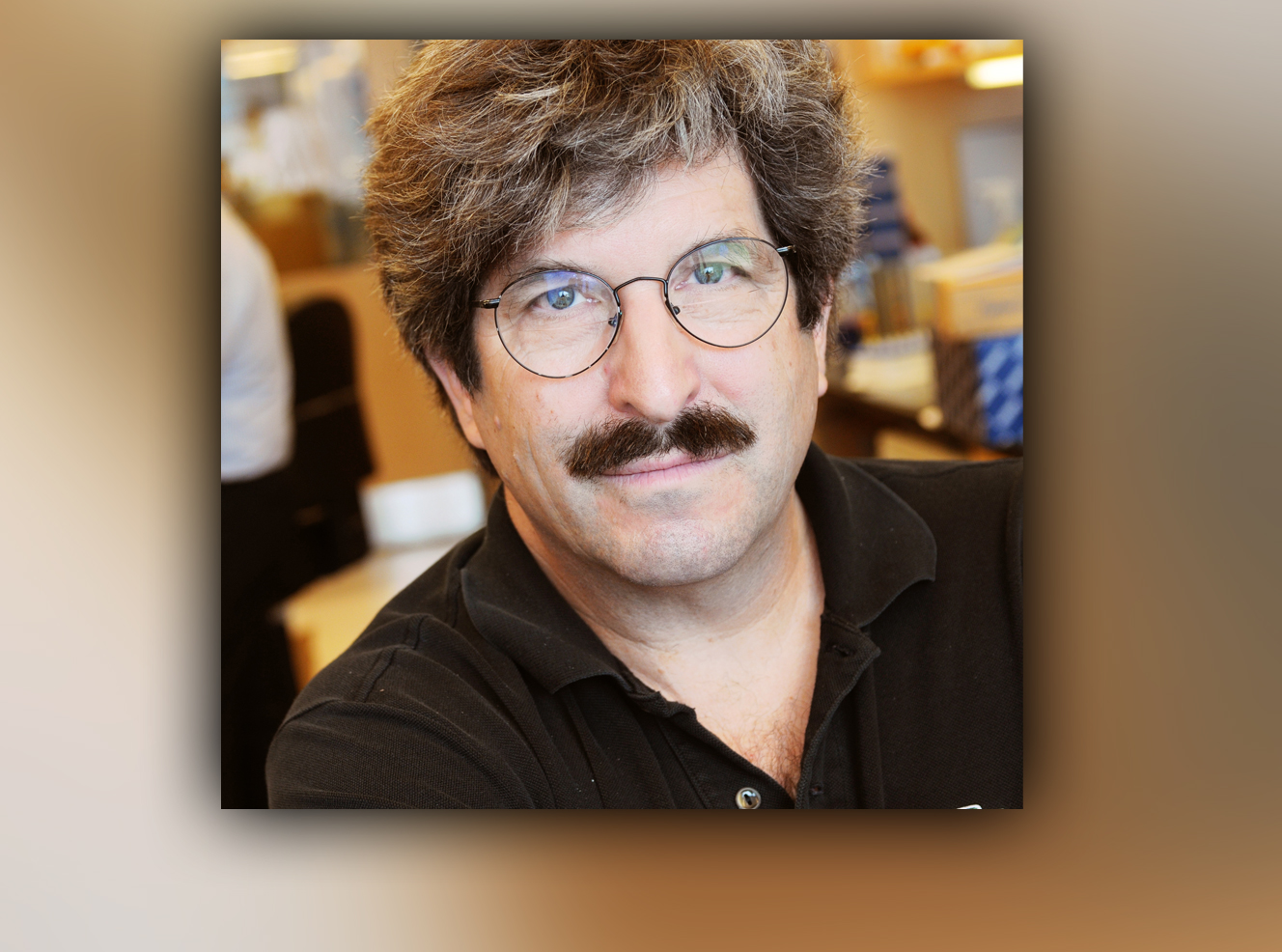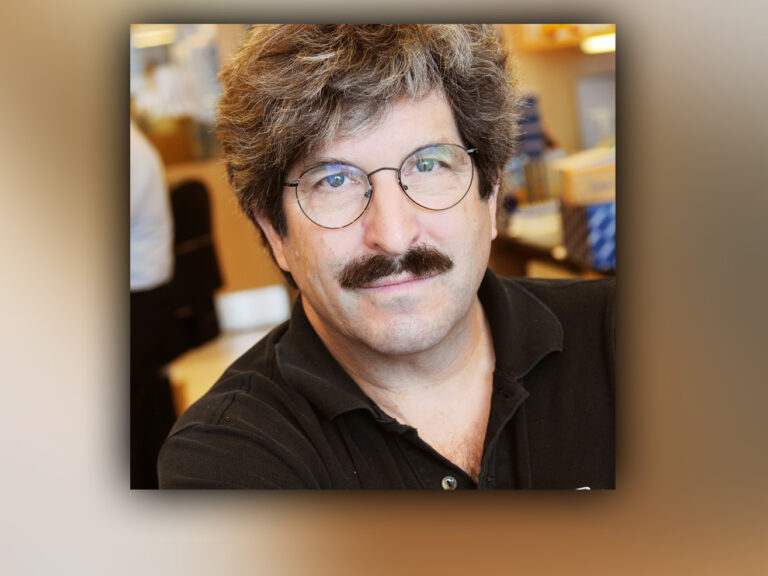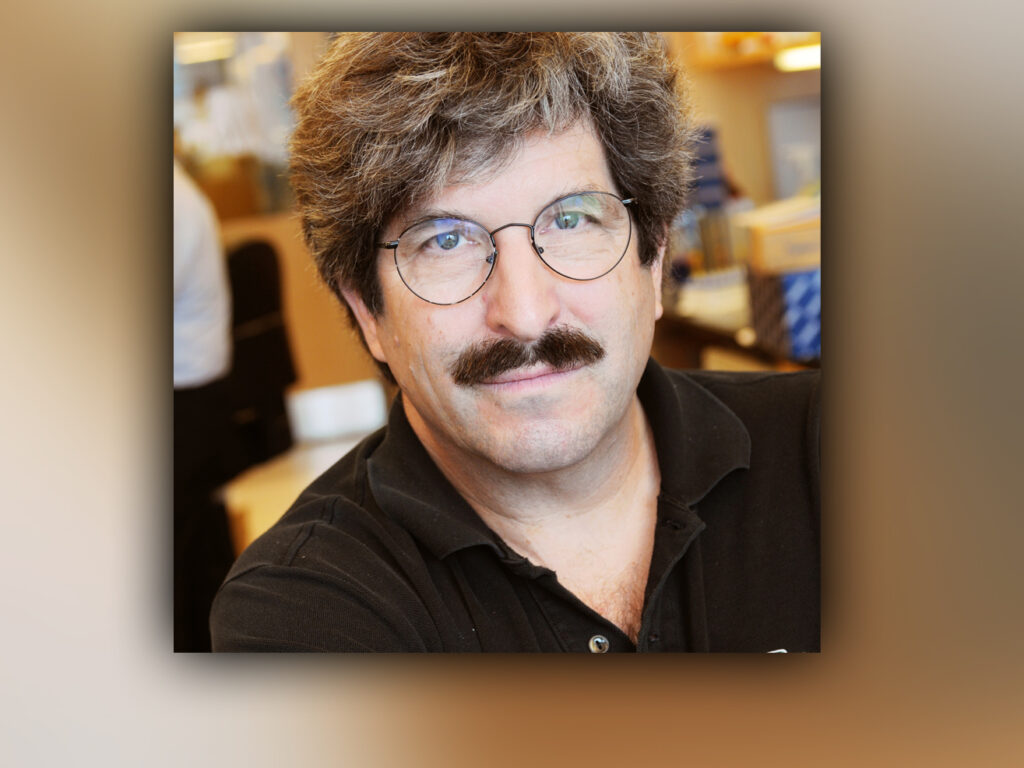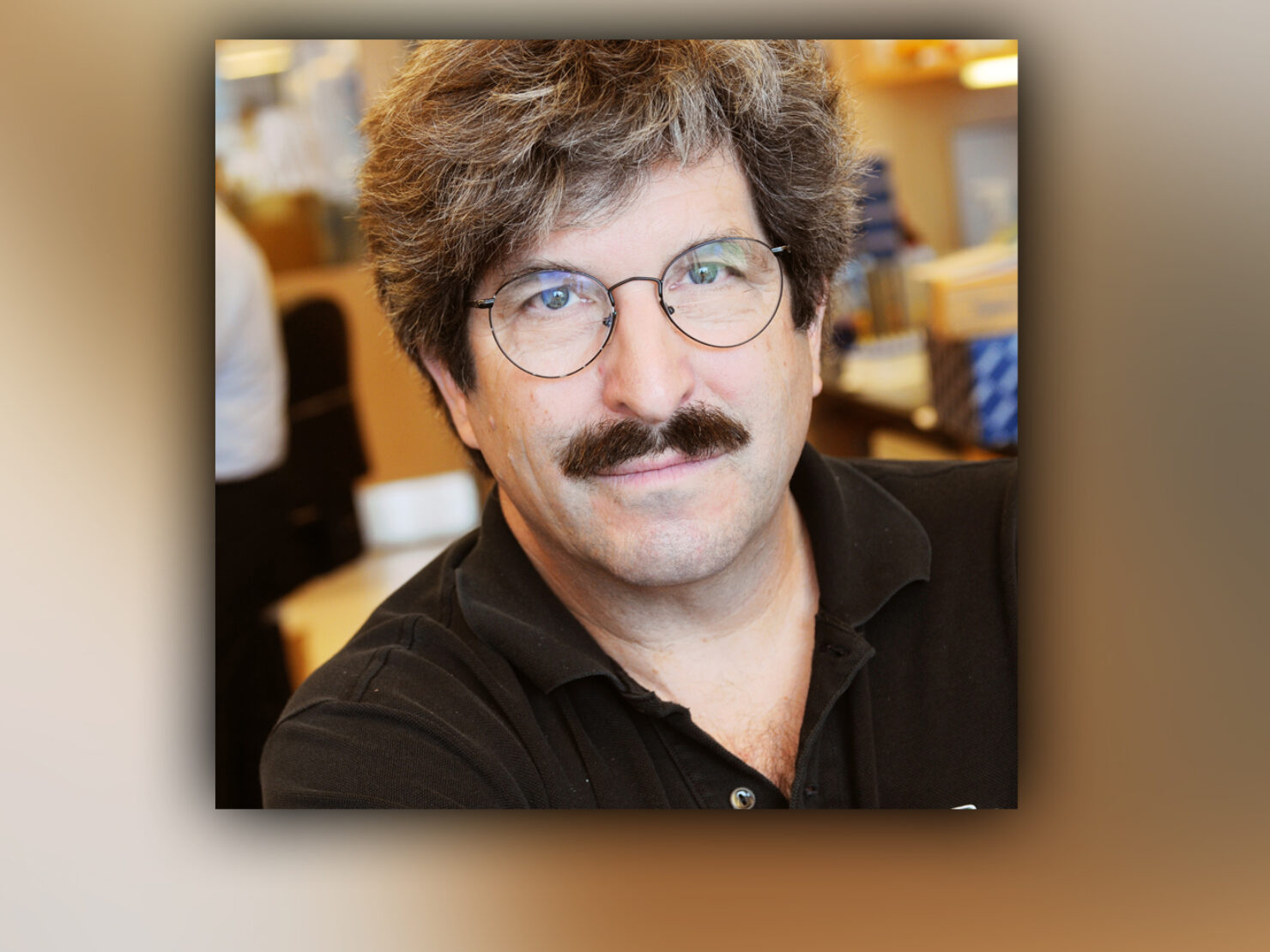Dear Colleagues,
I am thrilled to share that Gary Ruvkun, PhD, has been awarded the 2024 Nobel Prize in Physiology or Medicine. An investigator in Massachusetts General Hospital’s Department of Molecular Biology, a member of the Mass General Research Institute and the Hans-Hermann Schone Endowed Chair in Molecular Biology, Dr. Ruvkun earned this highest achievement for his contributions to the discovery of microRNA and its role in post-transcriptional gene regulation.
The Nobel Prize is one of the most prestigious awards in the world and is widely considered science’s top honor. This incredible achievement acknowledges Dr. Ruvkun’s long and illustrious career and his breakthrough research.
Dr. Ruvkun shares this year’s prize with Victor Ambros, PhD, of the University of Massachusetts Medical School. As fellows at the Massachusetts Institute of Technology, they worked together to isolate a gene called lin-14 that operates in concert with a gene called lin-4 to regulate the transition through key developmental stages.

Later, as independent researchers and collaborators, they discovered that lin-4 blocks the activity of lin-14 in a manner never before seen — through direct interaction between the two genes’ RNA strands.
In 2000, Dr. Ruvkun’s team discovered the second mircroRNA, let-7, that shuts down its target mRNA in the same way that lin-4 silences lin-14. They also discovered that many other animals — including humans — have their own versions of let-7. This work extended microRNA’s importance to human biology.
In the two decades since Drs. Ruvkun and Ambros published their original findings, the critical role that microRNAs play in health and disease has become apparent, and therapeutic applications based on mircroRNAs are in clinical trials for heart disease, cancer, neurogenerative diseases and more. I invite you to read more about Dr. Ruvkun’s career and work.
Research is a core component of our Mass General Brigham mission. We take great pride in our legacy as a driving force behind some of science’s greatest discoveries and are committed to translating these breakthroughs into better care for our patients. Dr. Ruvkun’s work is a vital part of that legacy.
Please join me, along with the entire Mass General Brigham community, in congratulating Dr. Ruvkun for his remarkable contributions to science and medicine, and in honoring the legacy of innovation he continues to inspire.
Sincerely,
Anne Klibanski, MD
President and CEO
Mass General Brigham




